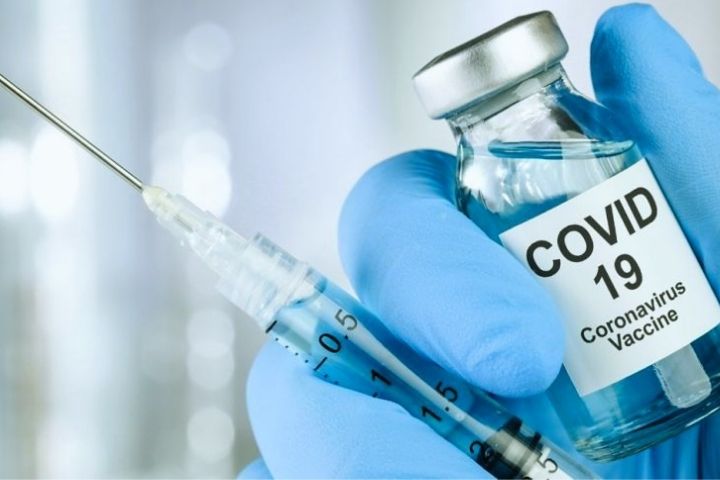Coronavirus In The United States: The American Vaccination Model

Until a few years ago, the district of Marin County north of San Francisco was considered the anti-vaccination stronghold in California. Almost 92 per cent of the population aged 12 and over are now fully vaccinated. How did the change of heart come about?
For the past three weeks, children between the ages of five and eleven have been vaccinated in California. Marin County’s 60 per cent mark was passed this week, says Doctor Matt Willis, who heads the district’s health department.
When the internist took over the job in 2013, the very wealthy region with almost 300,000 inhabitants was considered a stronghold of the vaccine opponents in California. The vaccination rate for children was still below the national average.
The dispute was conducted very dynamically at the time. We learned why many parents did not want to immunize their children. This enabled us to improve our strategy. These guard rails also helped us with the outbreak of the pandemic.
Six years ago, parents with a high level of education, in particular, resisted having their children vaccinated against measles, polio or whooping cough, says Willis. But there was also resistance from the black community and the Latinos.
Not Just A Single Argument Against Vaccinations
His health department had to learn that there is no such thing as a vaccine opponent. But they gave many different, sometimes very various reasons for not having their children immunized.
For us, at the health department, it was a learning hour. We realized we had to deliver more than just talking about the safety and effectiveness of the vaccine. It was about building trust. We achieved this goal by speaking less and listening to the sceptics.
A survey among 5,000 parents also helped at the time. That provided valuable data. It was important to tailor the message to the respective population group. And not only that: Willis and his team recruited so-called ambassadors back then to gain trust.
For example, church people enjoy a high reputation in their congregations. Or family doctors and paediatricians, who were able to address each person’s fears in one-on-one discussions.
“People Do Not Make Decisions With Their Heads But With Their Hearts”
Marin County’s Health Department has been going where the people are for months. Willis has set up dozens of small tents with mobile vaccination teams in front of shopping centres, churches or sports facilities.
Vaccination without prior notice, without bureaucracy or index finger and long instruction. The doctor advises his colleagues in the German health authorities not to talk about the safety and effectiveness of vaccines.
People would not decide with their heads but with their hearts. His health department has repeatedly given families a public forum in recent months and invited the media to report.
For example, a boy with leukemia couldn’t be vaccinated. He has spoken publicly about the risk posed by other families who do not want their children to be vaccinated and endanger his life. That was an ambassador who is far more effective than I can be.
At the moment, he is pleased with the low incidence of eight and the low occupancy of the intensive care units, says Willis. Public health is successful when there are no terrible events, and nothing happens. Many people still take this for granted.
Also Read: New Twitter Boss Parag Agrawal Enters The Limelight


